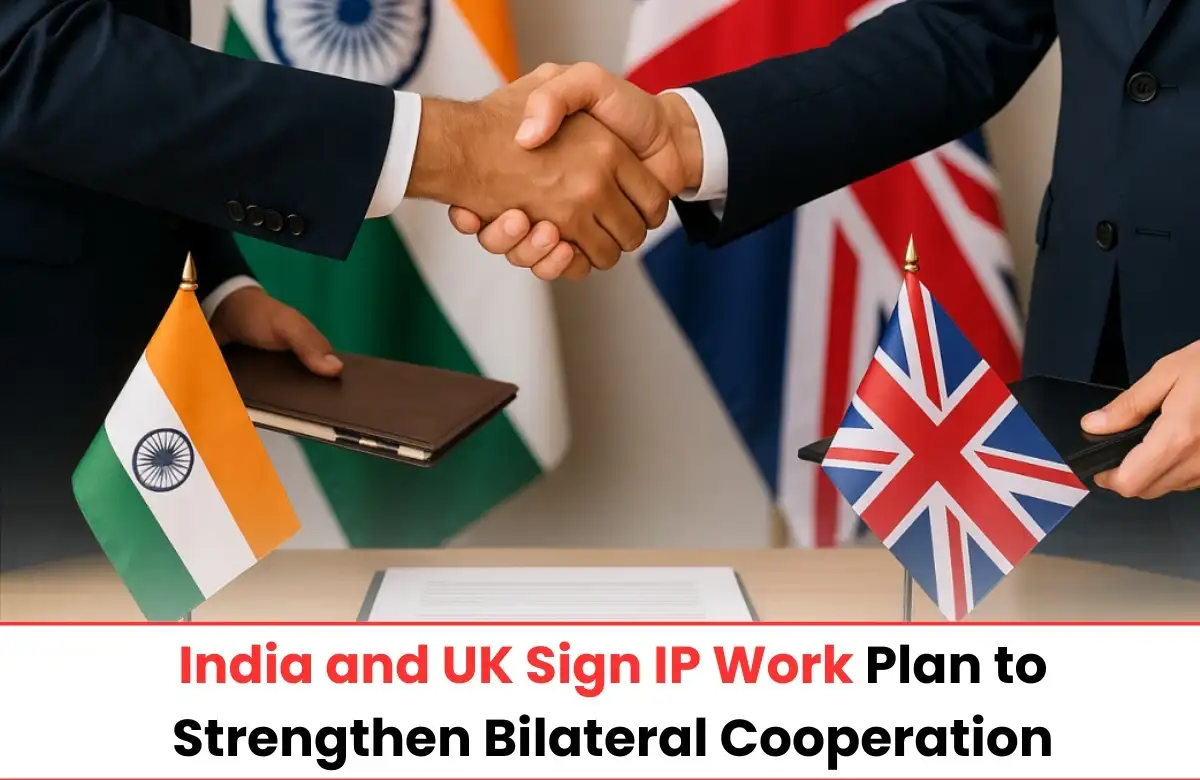
A serious concern has come up after the UK and India signed a new trade deal. Some parts of the agreement about medicine patents could weaken India’s current rules that help keep medicines affordable. Experts say this might make it harder for India to allow cheaper, generic versions of medicines, especially during health emergencies. If this happens, it could lead to higher prices and limit access to important treatments for millions of people.
What the UK–India Free Trade Agreement Includes
- Voluntary licensing is favored over compulsory licensing.
The agreement says companies should choose to share their medicine licenses, but experts worry this gives too much control to big pharma. It may make it harder for India to use compulsory licensing, which helps produce cheaper medicines during health emergencies. - Patent reporting will happen less often and in private.
Companies now only have to report how they use their patents every three years, and these reports won’t be public. This makes it harder to track if important medicines are being fairly shared or if companies are blocking cheaper versions. - India’s key protections remain.
India has kept its important rules, like Section 3(d), which stops companies from getting new patents on small changes to old drugs. The deal also doesn’t include stricter rules like longer patents or data secrecy, which could have delayed cheaper medicines. - Read Also:-IIIT-H Professor Patents Unique Dice-Based Dance Teaching Tool
Why Was the UK–India Trade Deal Signed?
India and the UK signed a major Free Trade Agreement on July 24, 2025, during Prime Minister Narendra Modi’s visit to the UK. The deal was signed at Chequers, the UK PM’s official residence, with Prime Minister Keir Starmer. It followed 15 rounds of talks over more than three years, starting in January 2022.
It covers important areas like clothing, medicines, car parts, farming, and online business. Most goods traded between the two countries will have no import taxes. The agreement also supports working together more on services, skilled workers, and patent rules. Both leaders said this deal marks a new beginning in the relationship between the two countries.
Is the UK–India Trade Deal a Threat to Affordable Medicines?
There are multiple reasons why experts are raising concerns about this agreement. Some of them are:
- The deal could limit the production of generic drugs, which many people rely on for affordable treatment.
- It favors voluntary licensing, giving patent holders more control over who can make and sell medicines.
- The agreement may make it harder for India to use emergency rules like compulsory licensing during health crises.
- Companies won’t have to publicly report how they use their patents as often, making it harder to monitor unfair practices.
What India Gains from the UK–India Agreement
- India can still allow generic medicines during emergencies.
This means if there’s a health crisis—like a pandemic—India can still use its existing law to let companies make cheaper versions of important medicines, even without the patent-holder’s permission.
- India’s rule against fake or minor patents is still in place.
A law called Section 3(d) stops companies from getting new patents for small, unhelpful changes to old drugs.
- India didn’t accept strict patent rules that richer countries often push for.
Many developed countries want rules that give drug companies more power and longer control over their patents.
Conclusion
While the UK–India trade deal offers economic benefits, experts warn it could impact access to affordable medicines. However, key safeguards like compulsory licensing and Section 3(d) remain, helping India protect public health needs.
Read Also:-Bombay High Court Upholds KPL’s Rights Over ‘Kirloskar’ Trademark
